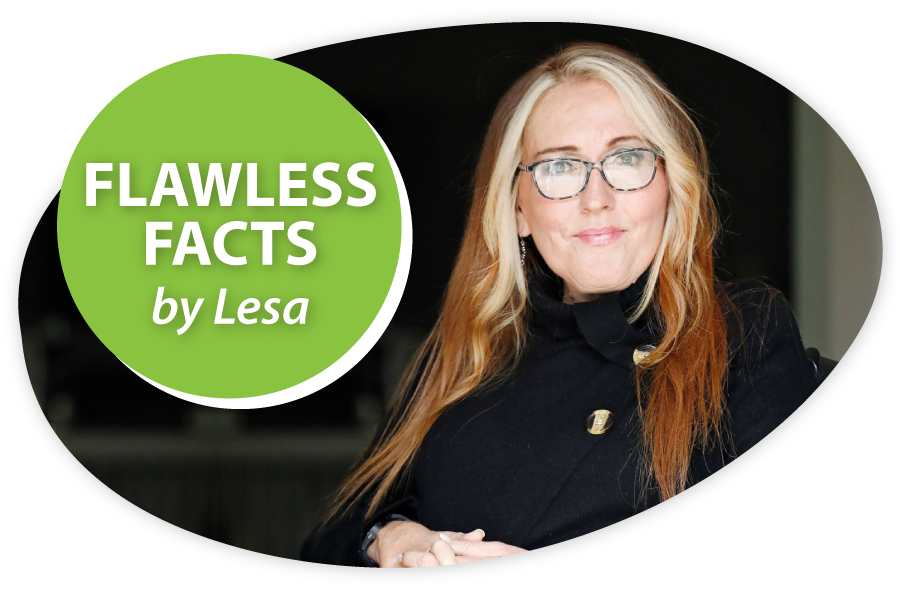A Series of “Flawless Facts” by Lesa Bradshaw – Topic 5
Most organisations begin the ‘disability disclosure’ process with the distribution of the EEA1 form where employees are required to tick the box next to ‘disability’ – yet it is a common frustration that employees within an organisation are reluctant to disclose a disability, even when it is known to colleagues or somewhat evident.
There are several reasons for this reluctance, including:
- employees with a disability fearing judgement and discrimination should they disclose
- employees not being aware that their ‘condition’ is considered a disability
- employees not wanting to be labelled as ‘disabled’ due to stigmas associated
The consequence of non-disclosure can be seen in potentially higher absenteeism levels, lower productivity, and higher frustration levels, as employees struggle to manage the barriers or the impairment themselves without workplace support and reasonable accommodation.
So what can organisations do to change this dynamic? Here are a few tips:
- Change perceptions about ‘disability’ – not through sporadic Disability Awareness Training sessions alone, but through ongoing, consistent stereotype-busting messaging which has the sole objective of changing the stigma associated with Disability as a form of diversity
- Visible support initiatives which contribute to ‘equalising’ opportunities for employees with a disability to perform at their best require a commitment to a solid post-disclosure process which highlights the philosophy of ‘equalising treatment’ not ‘special treatment’
- Access to personalised support and advice for employees with a disability, their managers and team from an easily accessible, independent resource which specialises in Disability Inclusion
- Commitment from your Communications Team to ensure inclusive ‘disability speak’ in all communications initiatives which serves the purpose of ‘normalising’ disability
Now I know what you may be thinking: “Ongoing training? Huge expense and logistically impossible!”, …. or “where do we begin with this – we have limited resources and I’m already overloaded!”
Fear not – there is help at hand. In my experience as a Disability Inclusion specialist, and having recognised these issues, we have developed ODIN – an Online Disability Inclusion Network. ODIN is a centralised online resource designed to provide easily accessible disability awareness training, disclosure support, personalised advice and coaching, and access to informational resources which help transform your organisation into a disability inclusive culture.
Click HERE to find out more
Contact me to find out more about solutions which will support your organisational transformation towards disability inclusion.
Lesa Bradshaw – lesa@bradshawleroux.co.za

